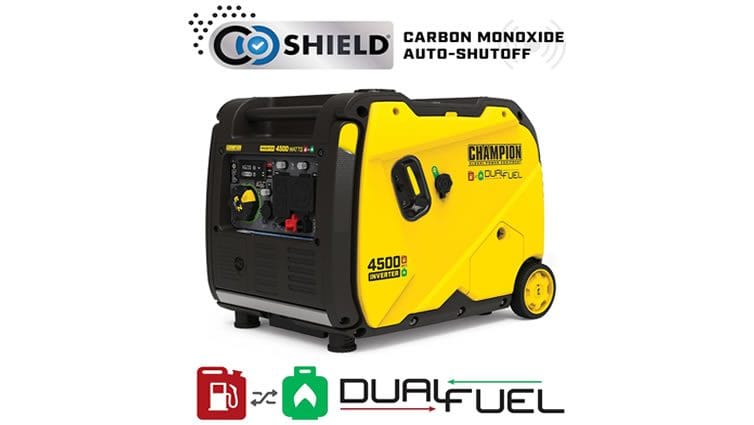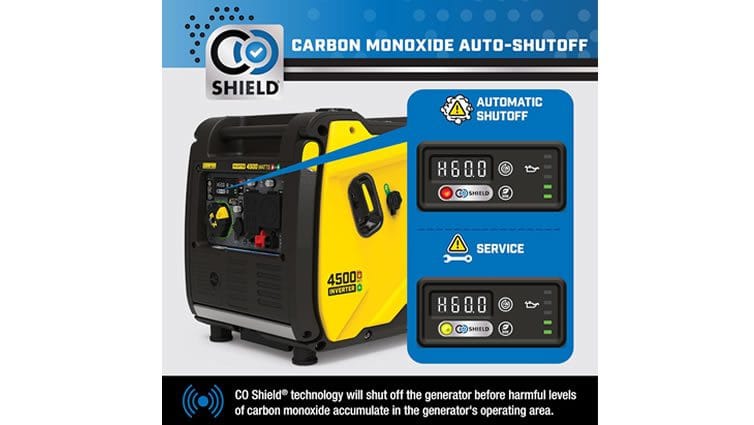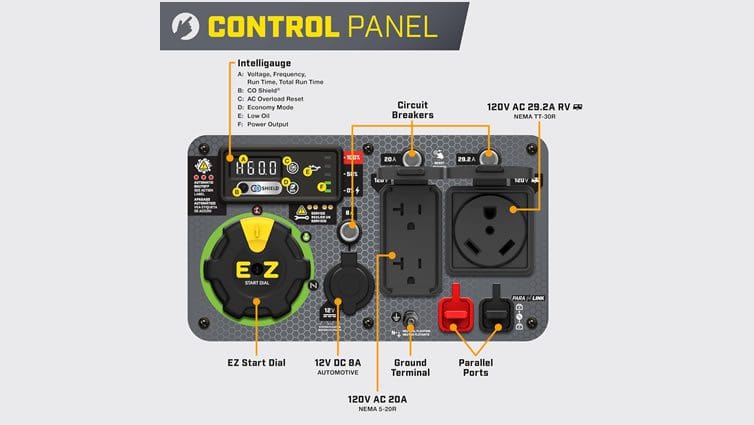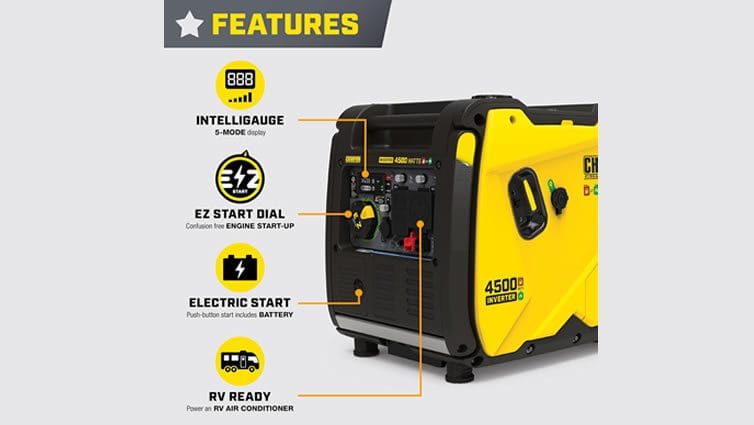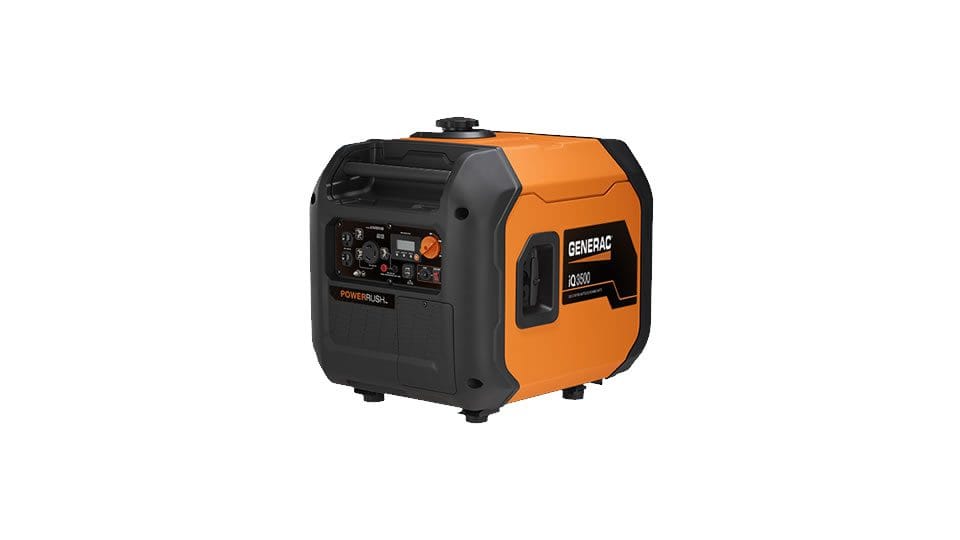Natural Gas Generator Overview
A natural gas generator is an eco-friendly and cost-effective solution for providing reliable backup power during outages or for off-grid use. These generators run on natural gas, which is often more affordable and cleaner than traditional gasoline or diesel options. They offer a quieter and more efficient operation, making them an excellent choice for homeowners and businesses that need continuous power. Natural gas is also a more sustainable fuel, producing fewer carbon emissions compared to other fossil fuels. This makes natural gas generators a popular choice for environmentally conscious individuals looking for an alternative to conventional generators.
In addition to being environmentally friendly, natural gas generators are known for their reliability and longevity. They can operate for long hours without the need for frequent refueling, as natural gas is delivered directly from a local utility line. This makes them particularly useful for areas prone to power outages or for backup power in homes, RVs, or construction sites. With low maintenance requirements and the ability to run efficiently for extended periods, natural gas generators offer both convenience and peace of mind. Whether you’re preparing for an emergency or just looking for a reliable energy source, a natural gas generator can meet your power needs while keeping environmental impact to a minimum.
Selecting the Right Generator Size: A Simple Guide
Safety Guidelines for Installation: What You Need to Know
Optimizing Fuel Efficiency: Getting the Most Out of Your Generator
If you’re using a natural gas generator, fuel efficiency is probably on your mind. After all, no one wants to waste precious resources or rack up unnecessary fuel costs. Fortunately, there are several simple steps you can take to ensure your generator runs at peak efficiency, saving you money while reducing your environmental impact. With a little care and attention, you can get the most out of your natural gas generator and enjoy uninterrupted power without the added stress of constantly refueling.
Choose the Right Size for Your Needs
One of the most effective ways to optimize fuel efficiency with a natural gas generator is by selecting the right size for your needs. A generator that’s too large for your requirements can consume more fuel than necessary, while a generator that’s too small might struggle to keep up with your power demand, leading to higher consumption rates. To avoid this, carefully assess the appliances and devices you intend to power and ensure your generator is appropriately sized to meet those demands.
Remember, generators have both running and surge wattage requirements, so take both into account. By calculating the total wattage of your most essential equipment and opting for a generator that matches, you can prevent overworking your generator and reduce unnecessary fuel usage. When in doubt, it’s always better to go slightly smaller rather than too big, as running a smaller generator under its capacity is more efficient.
Maintain Your Generator Regularly
Just like any piece of machinery, a natural gas generator needs regular maintenance to run efficiently. A well-maintained generator burns fuel more efficiently and lasts longer, reducing the frequency and cost of repairs. Regularly check for issues like dirty air filters, worn-out spark plugs, or clogged fuel lines. Dirty or clogged filters restrict airflow, making your generator work harder and use more fuel. Change the oil and clean the air filter according to the manufacturer’s recommendations to keep things running smoothly.
You should also inspect the fuel lines for any leaks or cracks, as even a small issue can cause fuel wastage. Scheduling a professional inspection once a year is a great way to keep your generator in top condition. Not only will this ensure better fuel efficiency, but it will also give you peace of mind knowing that your natural gas generator is ready when you need it most.
Use Energy-Efficient Appliances
When you’re running your natural gas generator, the efficiency of the appliances you power also plays a big role in fuel consumption. Opting for energy-efficient appliances and devices can reduce the strain on your generator, meaning it doesn’t have to work as hard to power them. For example, LED lights, energy-efficient refrigerators, and modern electronics use less power and are often more compatible with generators, which can help maximize your fuel efficiency.
If you’re running multiple devices, always prioritize those that are essential and try to reduce your overall power usage. For instance, turning off appliances or lights that aren’t needed can prevent overloading the generator and keep it running at optimal levels. If you’re powering an entire home or business, investing in energy-efficient systems will help cut down on the total wattage required, allowing your natural gas generator to operate more efficiently.
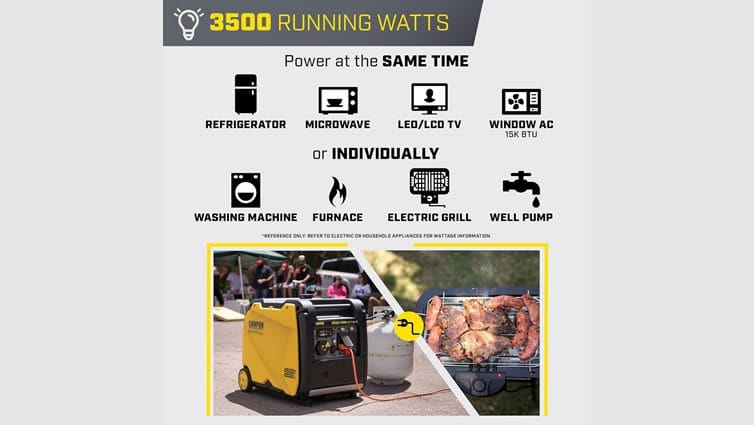
Run Your Generator at the Right Load
Running your natural gas generator at the right load is another key factor in improving fuel efficiency. If you’re constantly running the generator at full capacity, it can consume more fuel than necessary. On the other hand, running it at too low of a load can also be inefficient, as it can cause the generator to underperform and waste fuel. The sweet spot is typically somewhere between 70-80% of the generator’s rated capacity.
If you don’t need to power everything at once, consider prioritizing essential appliances and avoid overloading the generator. Running the generator at optimal load levels allows it to function more efficiently, using fuel in the most cost-effective way. You’ll also extend the life of your natural gas generator by avoiding strain, which can lead to maintenance issues and premature breakdowns.
Consider Using an Automatic Transfer Switch (ATS)
An automatic transfer switch (ATS) can help optimize fuel efficiency by automatically turning on your natural gas generator when the power goes out and shutting it down when power is restored. This prevents you from running the generator unnecessarily, which can lead to fuel wastage. By automating the process, you ensure the generator only runs when it’s actually needed, which saves both fuel and time.
An ATS also helps in preventing overuse of your generator. It keeps the generator from running idle for extended periods, which can be inefficient. In addition to enhancing fuel efficiency, it also improves the overall convenience and reliability of your backup power system.
Maximizing the fuel efficiency of your natural gas generator doesn’t have to be complicated. By carefully choosing the right size, maintaining your generator regularly, using energy-efficient appliances, and running the generator at the correct load, you can significantly reduce your fuel consumption. Additionally, an automatic transfer switch can help prevent fuel wastage and keep things running smoothly. With these simple tips, you can ensure that your generator performs efficiently, saving you money and ensuring you have reliable power when you need it most. Fuel efficiency is all about balance—find what works best for you, and your generator will thank you for it.
Noise Reduction Tips for Indoors: Keep Your Natural Gas Generator Quiet
If you’ve ever powered up a natural gas generator, you know that while they’re efficient, they can also be noisy. Whether you’re using it during a power outage or for an outdoor event, a loud generator can quickly disrupt the peace of your home or workspace. But don’t worry! There are several simple and effective ways to reduce the noise without compromising the performance of your natural gas generator. Let’s dive into some noise-reducing tips that’ll help you enjoy quieter, stress-free power.
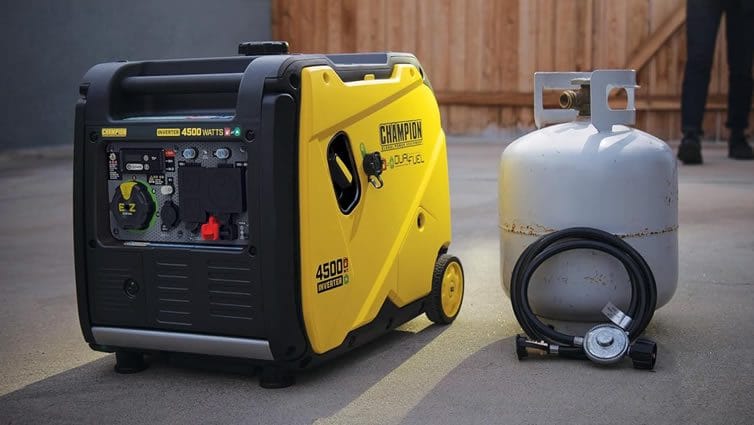
Choose the Right Location for Your Generator
The location of your natural gas generator plays a crucial role in how much noise it generates indoors. Ideally, you want to place your generator outdoors, but if you absolutely need to place it near your home, keep a few things in mind. The further away the generator is from living spaces, the less likely its noise will bother you. Placing it behind a solid wall, fence, or barrier can help absorb and deflect sound waves. Avoid putting it directly next to windows or doors, as the noise will echo indoors.
To optimize noise reduction, choose a flat and stable surface away from areas where people frequently gather. A good rule of thumb is to place your natural gas generator in a well-ventilated, open space, such as a driveway or backyard, while ensuring that it’s still easily accessible for maintenance and refueling. Don’t forget to leave enough clearance around the generator to allow for air circulation and proper operation.
Use a Generator Enclosure or Soundproof Box
One of the most effective ways to cut down on the noise from your natural gas generator is by using a generator enclosure or soundproof box. These specially designed enclosures are built to shield the generator from the surrounding environment, trapping the sound inside and preventing it from spreading. They come in various shapes and sizes, and many feature insulation materials designed to absorb and dampen noise.
When choosing a generator enclosure, look for one that’s weatherproof and has adequate ventilation. You want to ensure that the generator has enough airflow to avoid overheating, while still reducing noise levels. Additionally, some enclosures are designed to be portable, so you can move them around depending on where you need the generator. Installing an enclosure is an easy way to reduce noise without sacrificing the efficiency or performance of your natural gas generator.
Maintain Your Generator Regularly
A well-maintained natural gas generator not only runs more efficiently, but it also tends to produce less noise. Over time, dirt, debris, and wear-and-tear can cause the generator to run louder than usual. Regular maintenance, including cleaning the air filters, checking the spark plugs, and lubricating moving parts, can help minimize unnecessary noise. When the engine is running smoothly, it operates more quietly and effectively.
If you’ve noticed that your generator is unusually noisy, it could be a sign that it needs a tune-up. You might also want to check the muffler, as a damaged or clogged muffler can significantly increase the noise level. Replacing a faulty muffler or muffler gasket can help reduce noise and ensure that your natural gas generator operates quietly and efficiently.
Use Anti-Vibration Pads or Rubber Feet
Another simple way to minimize indoor noise from your natural gas generator is by using anti-vibration pads or rubber feet. Generators, especially larger models, tend to vibrate as they operate, and these vibrations can contribute to noise. Placing your generator on rubber or anti-vibration pads helps absorb those vibrations, reducing the noise that travels through the floor or walls into your home.
This is particularly useful if your generator is situated in a garage, basement, or other indoor area. The pads are inexpensive, easy to install, and can make a noticeable difference in reducing the sound produced by your generator. Just be sure the pads are durable and rated for the weight of your generator, so they continue to perform well over time.
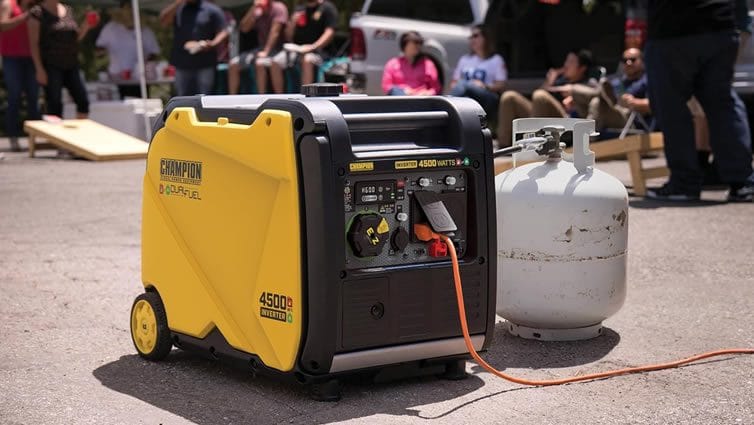
Opt for a Quieter Model of Generator
If you find that the noise from your natural gas generator is still too loud despite trying these tips, you might want to consider investing in a quieter model. Many manufacturers now offer ultra-quiet natural gas generators that are specifically designed to produce minimal noise. These generators often come with advanced muffler systems, quieter engines, and vibration-reducing technology to ensure a smoother, quieter operation.
When shopping for a quieter generator, pay attention to its decibel rating, which indicates how loud it will be during operation. Generally, a generator with a rating below 60 decibels is considered quiet and will be much less disruptive than traditional models. While quieter generators may cost a bit more upfront, the peace and quiet they offer in return is well worth the investment, especially for homeowners who need a natural gas generator running for extended periods.
Keep Your Space Quiet and Comfortable
Using a natural gas generator doesn’t mean you have to sacrifice peace and quiet. With the right location, soundproofing, and regular maintenance, you can significantly reduce the noise while still enjoying reliable power. Whether you use an enclosure, anti-vibration pads, or simply maintain your generator well, each small change can contribute to a quieter experience. And if you’re looking for an even quieter solution, there are plenty of ultra-quiet models available that provide the perfect blend of performance and sound reduction.
By following these noise reduction tips, you can make your generator work for you without disrupting your indoor environment. With a little effort, you can enjoy the convenience of backup power while keeping your home peaceful and noise-free.

